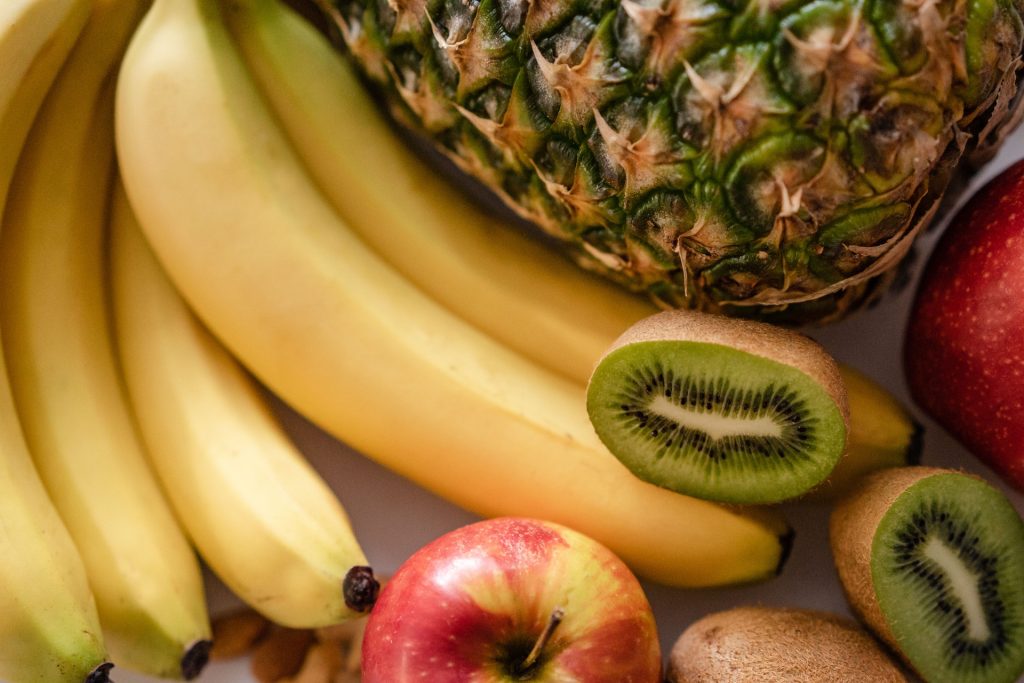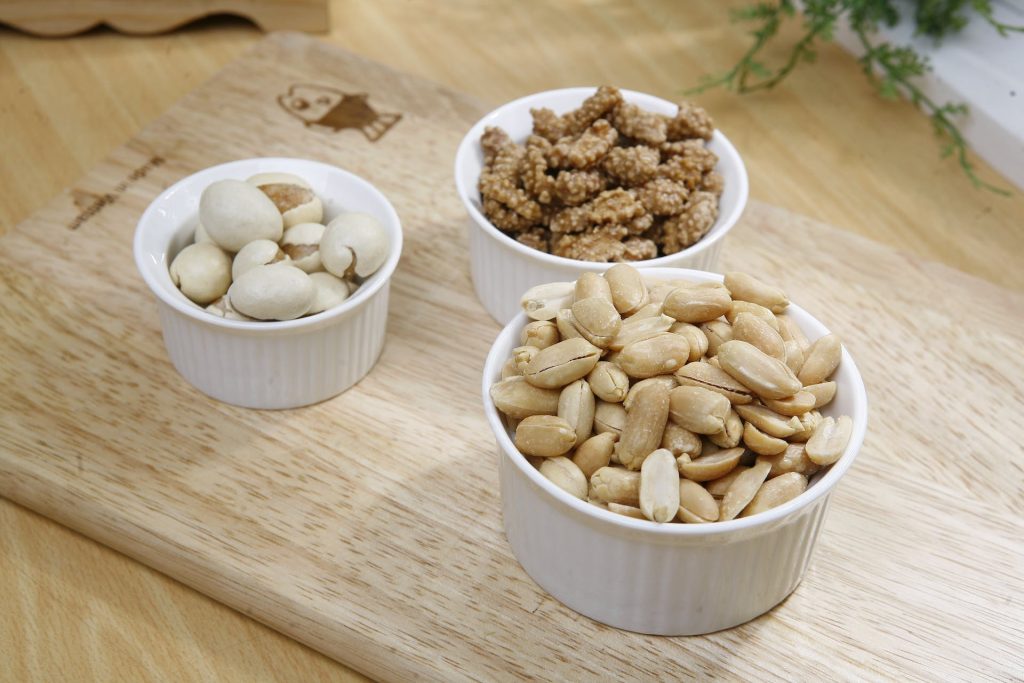Misconceptions about rapid weight loss
Rapid weight loss is a goal pursued by many people, but there are many misconceptions in the process.
Over-dieting is one of the common mistakes. Many people believe that reducing food intake can quickly lose weight, but this method often leads to malnutrition and slow metabolism.
Relying on weight loss drugs or supplements is not a long-term solution. These products may have side effects and even endanger health.
Ignoring the importance of exercise is also a misunderstanding. Relying solely on dieting cannot achieve the ideal weight loss effect. Exercise can effectively burn fat and enhance physical fitness.
Healthy weight loss recipes recommended
The key to healthy weight loss is a scientific and reasonable diet.

For breakfast, you can choose oatmeal porridge with fresh fruits such as blueberries and bananas, which are not only rich in fiber, but also help stabilize blood sugar.

For lunch, it is recommended to eat chicken breast salad with rich vegetables and a small amount of olive oil.

For dinner, you can choose steamed fish and brown rice with broccoli and carrots.

Appropriate snacks such as nuts, yogurt or fruits can help control appetite and avoid overeating.

Psychological adjustment in weight loss
Weight loss is not only a physical change, but also a psychological challenge.
Set realistic and feasible goals instead of pursuing a large weight loss in a short period of time.
Cultivate a positive attitude and accept the fluctuations and difficulties that may occur during the weight loss process.
Learn to relieve stress, such as through meditation, yoga, etc., which helps to avoid emotional eating.
How to avoid weight loss rebound
Avoiding weight loss rebound requires long-term lifestyle adjustments.
Stick to healthy eating habits and do not return to unhealthy eating habits even after reaching your target weight.
Maintain regular exercise habits, choose your favorite sports, and stay physically active.
Monitor weight changes regularly and adjust your diet and exercise plans in time.
Ensure adequate sleep and a good mental state, which are important factors in maintaining weight.
Effective fat-burning exercise

There are many exercises to burn fat, but the most effective one is high-intensity interval training (HIIT).

HIIT can significantly improve fat burning efficiency by performing short periods of high-intensity exercise, interspersed with low-intensity recovery periods.

Aerobic exercise such as running, swimming and cycling is also a very effective way to burn fat.

Strength training should not be ignored either. Increasing muscle mass can increase the basal metabolic rate and help burn fat in the long term.
The relationship between weight loss and sleep
Good sleep is essential for weight loss.

Studies have shown that lack of sleep can affect the secretion of hormones in the body, increase appetite, and make people more likely to consume high-calorie foods.

Lack of sleep can cause physical fatigue, reduce exercise ability and willingness, and affect weight loss results.

Ensuring 7-9 hours of quality sleep every night helps regulate metabolism, maintain physical health, and thus support the achievement of weight loss goals.

Developing regular work and rest habits is an important guarantee for successful weight loss.
Nutritional misunderstandings in weight loss
Nutritional misunderstandings in weight loss often lead to poor results and even harm health.
Completely avoiding carbohydrates can lead to fatigue and decreased concentration.
Excessive protein intake may increase the burden on the kidneys.
Monounsaturated fats and polyunsaturated fats in healthy fats are good for the body.
A single diet may lead to unbalanced nutrition and a lack of essential nutrients in the body.
Excessive focus on calories, while ignoring the balance of micronutrients.
Weight loss should be based on balanced nutrition, avoiding extreme and single diet methods.